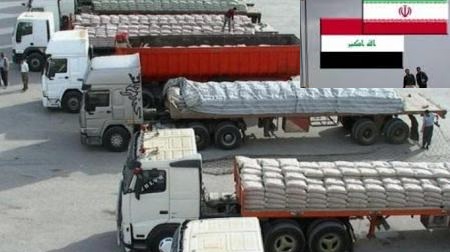
How Irans Plastics Export to Iraq is Damaged
How Iran’s Plastics Export to Iraq is Damaged : Iranian petrochemical exports to Iraq are currently hampered by a number of factors, which will follow.
First, the reinstatement of the source certificate requirement by the Iranian government, which would have Iraq to acquire the certificate, has turned into a major challenge for exporting petrochemical and downstream products to the neighboring country, causing much dismay among the Iranian exporters.
The certificate is one in which the relation of the goods to the destination country is stated, PPNA reported last Monday.
Having in mind that the Iraqi side would need to pay $160 to prepare the certificate, the reason why the government reinstated the requirement after two years may be that it is looking for some new source of income as it is facing severe budget deficit, although this requires an official confirmation or rejection.
The corridor that Iran has opened for Turkey is the second major problem. Turkey last year increased its tariffs on some petrochemical goods imported from Iran. It is now dreaming of possessing Iran’s biggest polymer market Iraq.
Amid such circumstances, Iran signed a preferential agreement with Turkey recently, facilitating the import of goods from Turkey and then sending them from the Iranian land to Iraq. This is a big eyebrow-raiser as the Iranian government has actually handed over to Ankara a market that belonged almost entirely to Iranian polymer producers.
Third, a preferential agreement between Iraq and Turkey, the country that used sanctions on Iran to find herself some nice places in markets that used to belong to Iranians.
A preferential agreement between Baghdad and Ankara rules that goods from Turkey can go to Iraq without any tariffs. This is while Iranian tradesmen currently pay 5 percent tariffs for exporting to Iraq. Things will turn worse when an imminent rise of tariffs to 15 percent is actualized.
A fourth factor could be that Iran lacks all the added value tax exemption and export bonuses that the Turkish government is bestowing upon the country’s tradesmen, that is, not only are there export benefits in Turkey, Turkish exporters are getting back their paid value added taxes as well.












